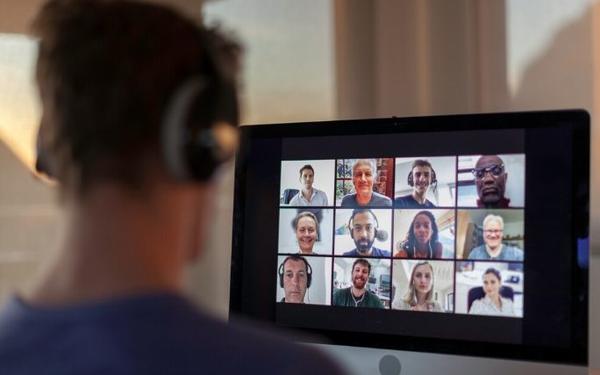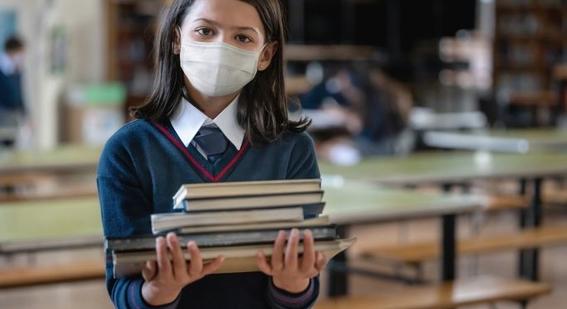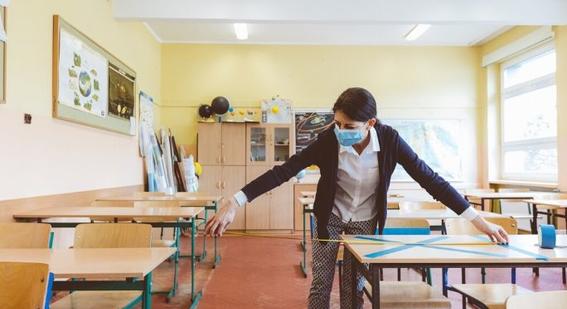School re-openings and policies for resilient education post-COVID-19
With lockdowns easing, the key question now faced by policy makers, principals, teachers, and parents is how to physically re-open schools safely.

It’s tempting for the short-to-medium-term recovery from this unprecedented period of crisis to focus purely on identifying and addressing learning loss from this period of closure. Educators are considering whether to run catch-up sessions in the summer holiday, compressing the next semester’s learning to squeeze in missed content, how to evaluate the impact of the school closures, and how much time will be needed to close the gap.
But we should not overlook the impact that this period of disruption has had on social and emotional wellbeing. Online learning has been no substitute for the human interaction and structure of the school day, which forms such a crucial part of students’ development. Equally, the impact on teachers and parents has been significant, with both having to adapt to new roles in facilitating learning.
And what of the longer-term recovery? Is this an opportunity to build back better? Can we increase resilience in education systems so that they are able to respond more effectively to shocks and disruption? Are there positive innovations that have come out of this crisis that we should incorporate into the mainstream? Is it time to re-think the models of summative assessment and achievement?
On June 17 2020, Cambridge in partnership with Brains Global, hosted a video conference for government officials to discuss school re-openings and education policy in response to the Covid-19 crisis. Participants represented a wide range of different countries, from Angola to Zimbabwe, Bahrain to Qatar.




